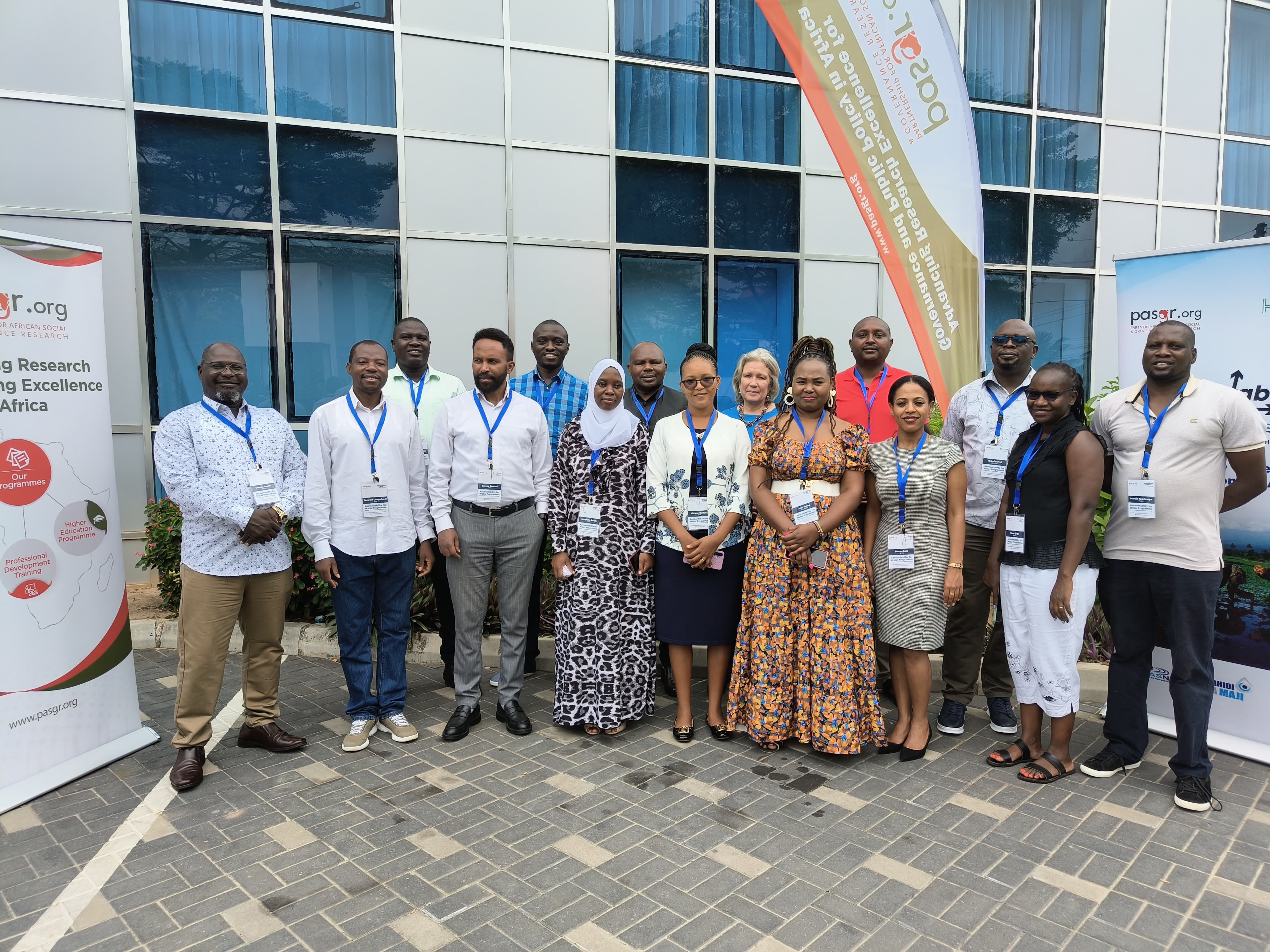
Posted on: 05th Mar, 2025
Read: 3 minutes
Posted by: Kewasnet Admin
The recent Accountability for
Water (AFW) Programme workshop in Dar es Salaam, Tanzania marked a significant
milestone in advancing water governance. The two-day gathering brought together
program partners from England, Ethiopia, Kenya, and Tanzania to assess progress
and co-create solutions for maximizing program impact.
The AFW Programme, which is
implemented by a consortium including the Partnership for African Social and
Governance Research (PASGR), Kenya Water and Sanitation Civil Society Network
(KEWASNET), Water Witness International, Water Witness Ethiopia, and Shahidi wa
Maji, has been working to strengthen relationships among water sector actors
and ensure effective service delivery.
One of the workshop's
highlights was the presentation by the Shahidi wa Maji change agents
(Mashahidi) from Tanzania. These grassroots advocates shared compelling stories
of their work in addressing water pollution and access issues. In one notable
case, persistent advocacy led to the completion of the Myundi and Lukobe water
project, providing clean water access to 130,000 residents. Their efforts have
also resulted in factories being held accountable for river pollution,
demonstrating the power of community-driven accountability.
The partners shared
significant achievements from their respective countries. In Kenya, KEWASNET
successfully launched the 10th edition of "The Voice" report and
engaged youth through innovative platforms like Youth WASH Parliaments. Water
Witness Ethiopia made strides in addressing industrial pollution and improving
wastewater governance, while Water Witness International established the Fair
Water Action Fund to support water accountability initiatives across Africa.
However, the workshop wasn't
just about celebrating successes. Partners openly discussed challenges,
including budget constraints, political transitions, and the need for stronger
monitoring and evaluation frameworks. The shrinking civic space in some
countries emerged as a significant concern, particularly affecting youth
engagement in water governance.
Looking ahead, the consortium
identified key strategies for maximizing impact. These include strengthening
consortium program management, improving the quality of deliverables, and
enhancing the visibility of program outputs. Partners emphasized the importance
of result-based reporting, clear communication, and effective knowledge
management.
A particularly innovative
aspect of the program has been its focus on youth engagement. With over 75% of
Africa's population being youth, their involvement in water governance has
become crucial. The program has successfully established Youth Parliaments
across Kenya, enabling young people to participate in water accountability
initiatives actively.
The workshop also highlighted
the power of media engagement in driving accountability. Through strategic
media campaigns and social media presence, partners hope to reach more citizens
with messages about water rights and governance. The development of a
comprehensive communication strategy aims to further amplify these efforts and
ensure broader stakeholder engagement.
As Abel Dugange, Executive Director of Shahidi wa Maji, noted in his closing remarks, while addressing water accountability remains a complex and politically sensitive issue, the consortium's collective efforts are making a tangible difference. The workshop demonstrated that through collaboration, innovation, and persistent advocacy, improving water governance in Africa is not just an aspiration but an achievable goal.
You can also log in to post a comment. Login
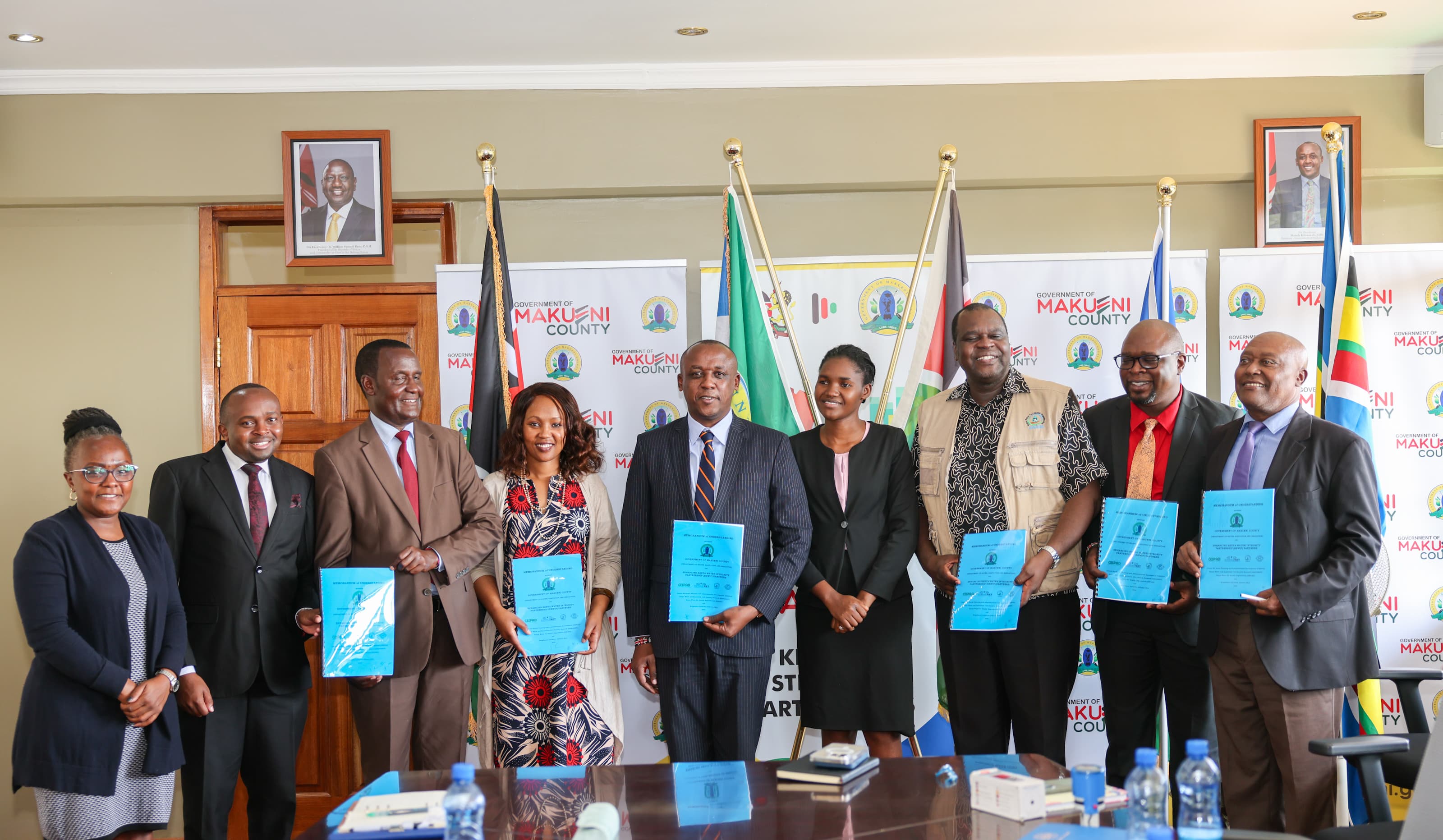
Posted on: 09th Jul, 2025
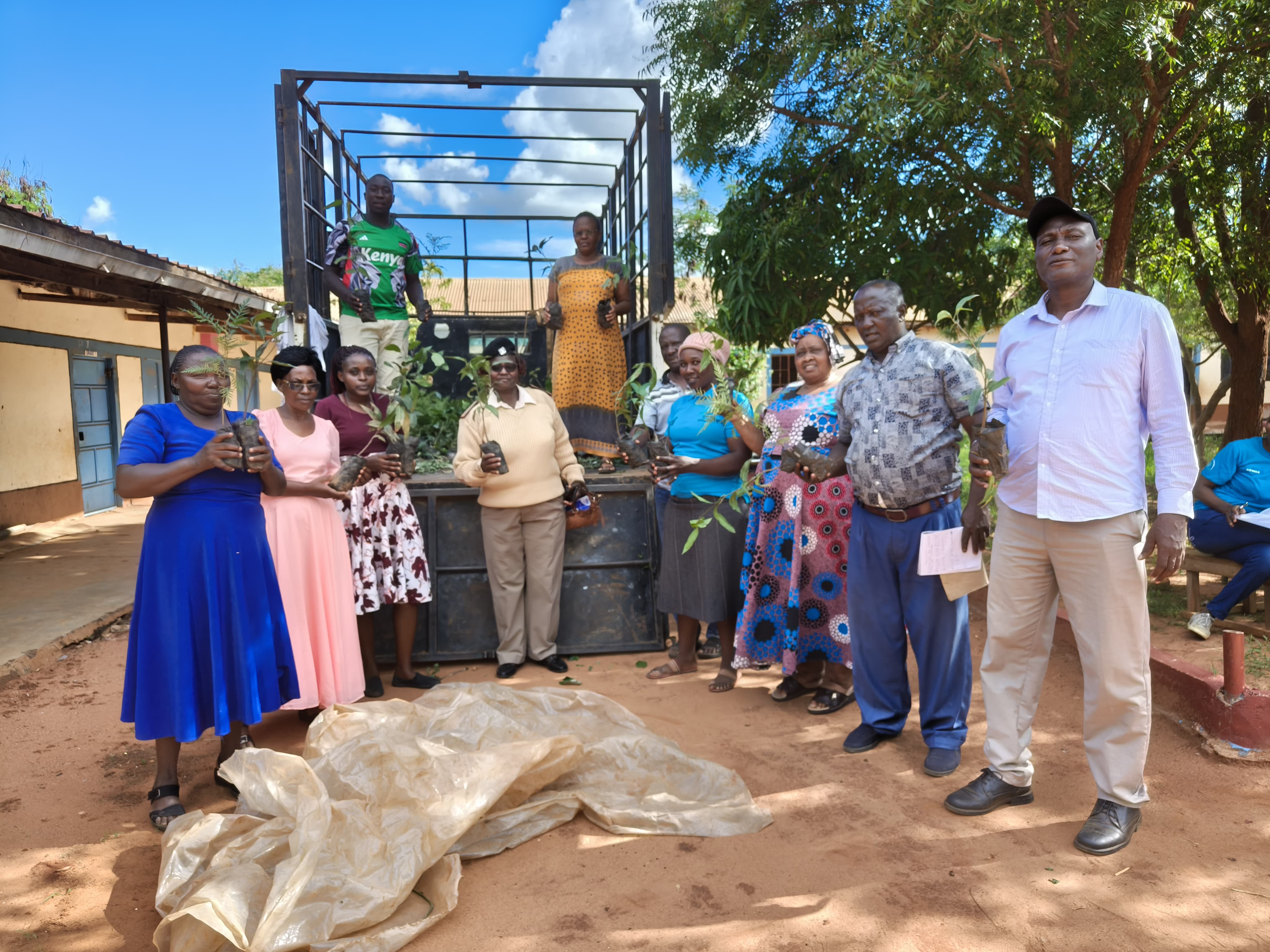
Posted on: 28th Apr, 2025
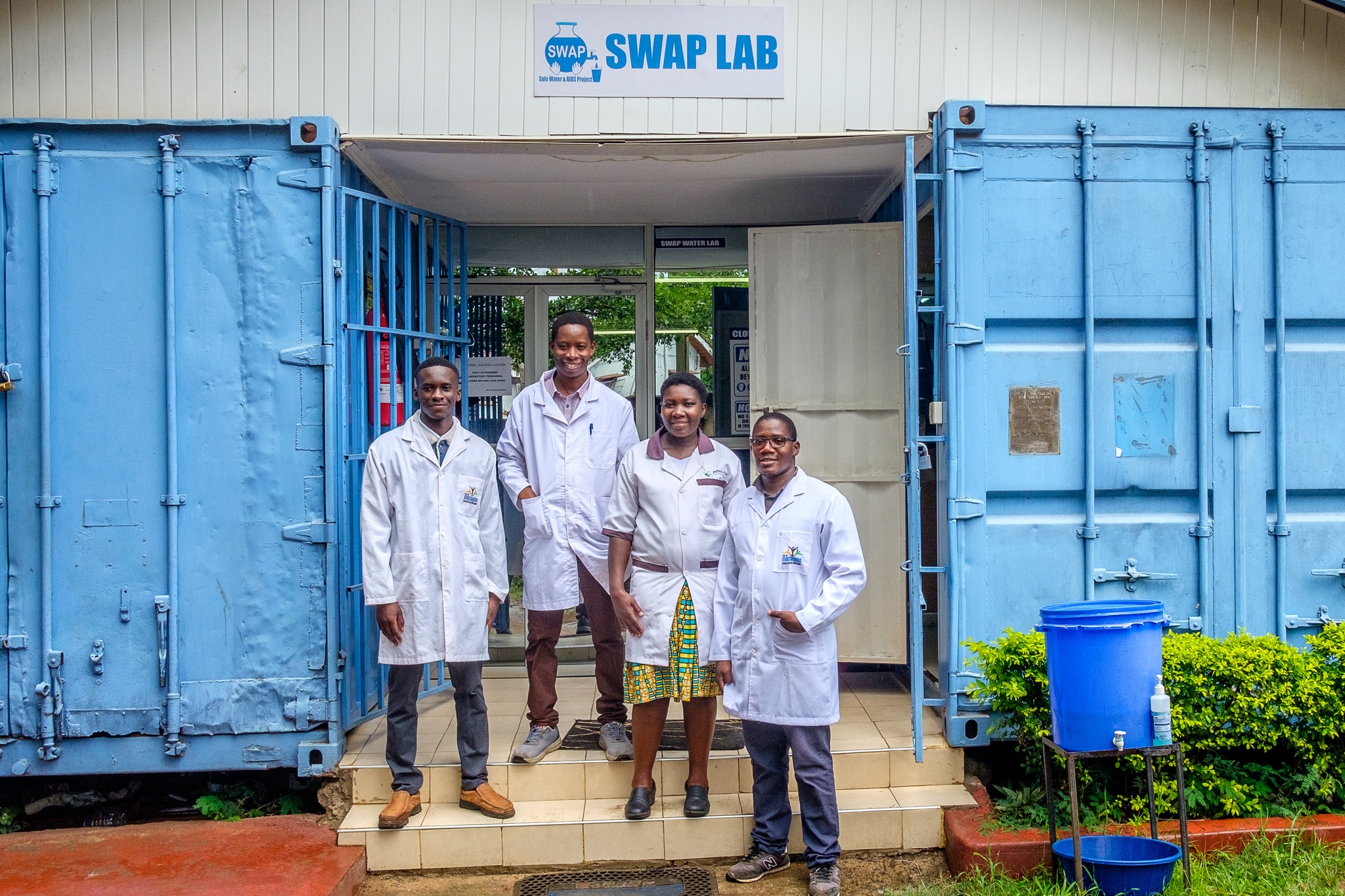
Posted on: 24th Mar, 2025
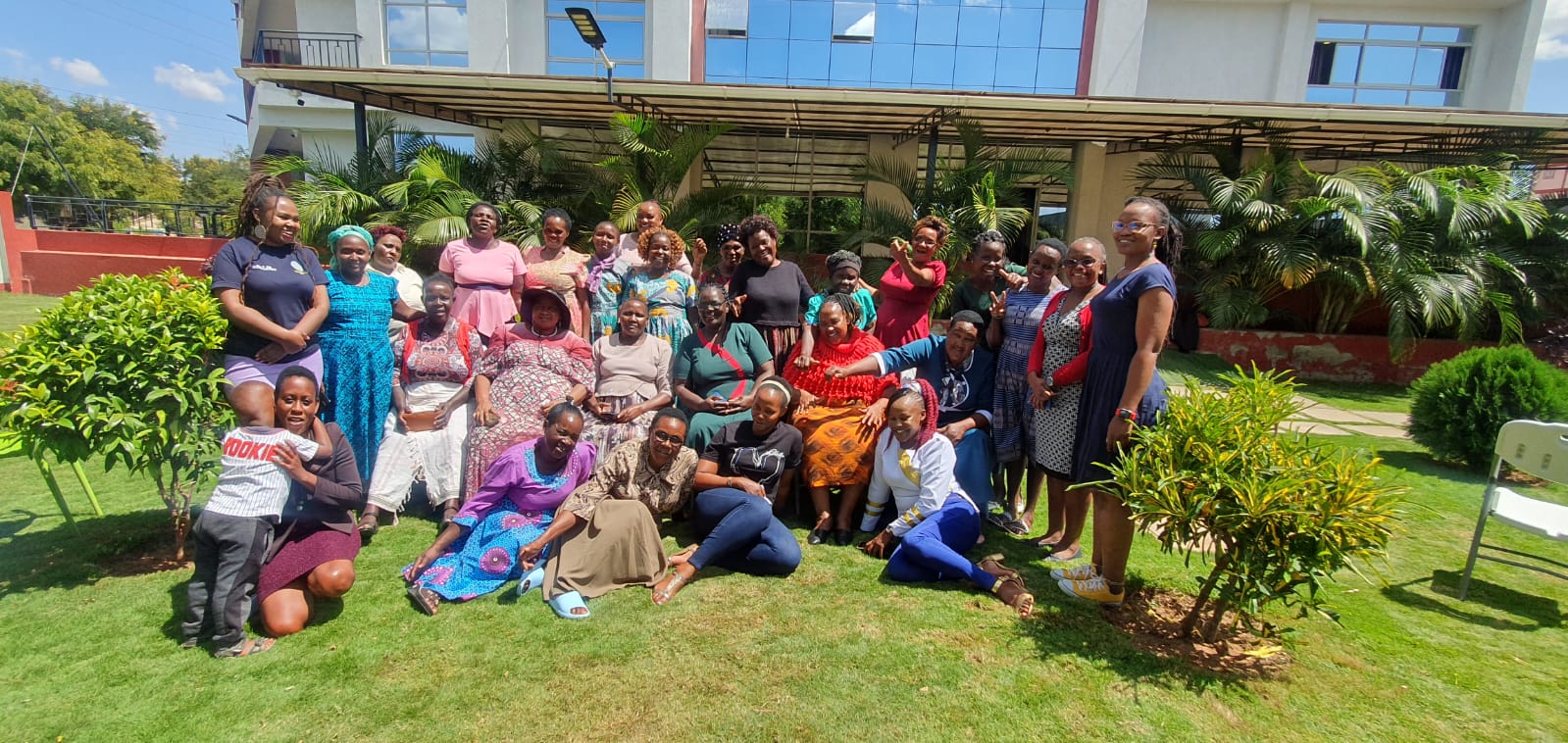
Posted on: 11th Mar, 2025
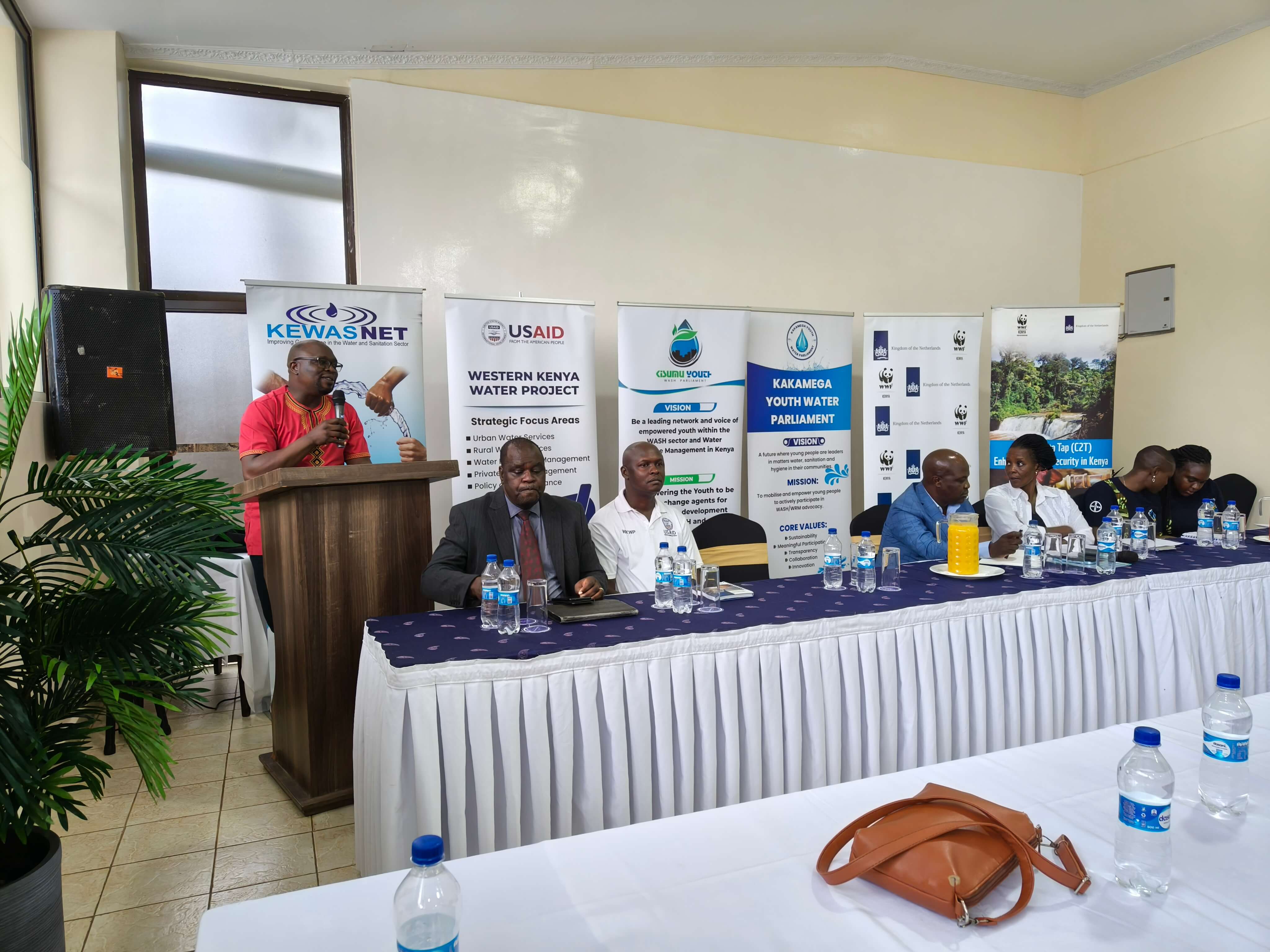
Posted on: 29th Sep, 2024